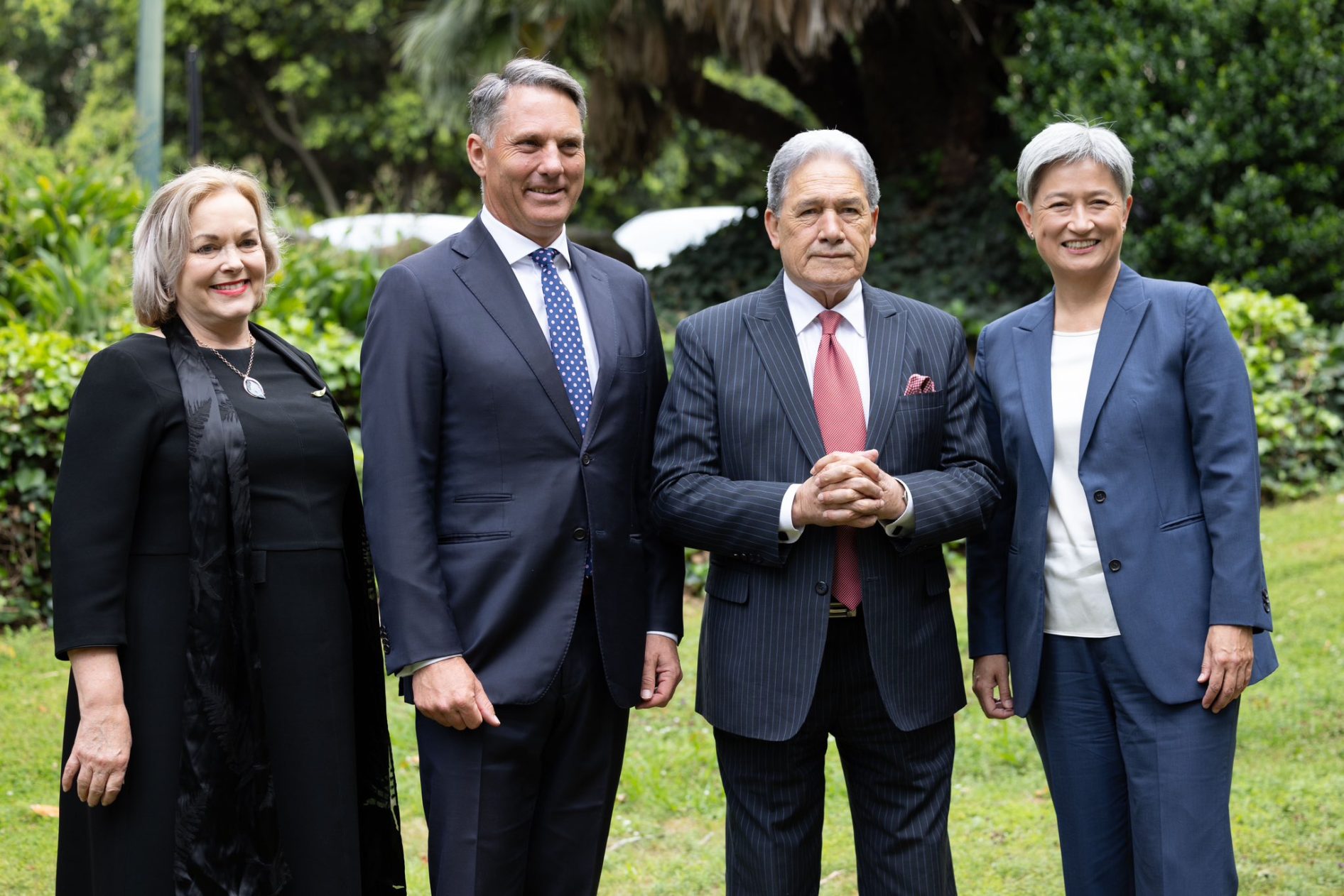
A diplomatic power shift is unfolding in the Cook Islands following the resignation of Tepaeru Herrmann, the Secretary of the Ministry of Foreign Affairs and Immigration (MFAI). Her departure, confirmed by Public Service Commissioner Carl Hunter as Herrmann leaving to “pursue her other interests,” comes at a critical juncture, exacerbating already strained relations with New Zealand. The core issue stems from the Cook Islands’ deepening ties with China, a move that has triggered significant repercussions and challenges the established dynamic between Rarotonga and Wellington.

Herrmann’s Departure and Its Context
Tepaeru Herrmann’s resignation marks the end of a nearly decade-long tenure as Secretary of the MFAI. Officially stepping down in the first week of October 2025, her exit occurs against a backdrop of escalating tensions with New Zealand. This friction primarily arises from the Cook Islands’ decision to forge a “Comprehensive Strategic Partnership” with China in February 2025. This agreement, made without prior consultation with Wellington, has been a major point of contention.
The China Factor
The Comprehensive Strategic Partnership with China represents a significant departure from established diplomatic norms. New Zealand views this agreement as a violation of the 2001 Joint Centenary Declaration, which outlines New Zealand’s role in assisting the Cook Islands with foreign affairs matters, given their free association relationship. The unconsulted agreement with China prompted New Zealand to suspend NZ$18.2 million in core sector support funding to the Cook Islands in early June 2025, signaling the severity of their displeasure.
Cook Islands’ Assertive Stance
In response to New Zealand’s concerns, the Cook Islands has firmly asserted its sovereign right to conduct its own international relations. Prime Minister Mark Brown has publicly stated that if assistance is not readily available from New Zealand, the Cook Islands will seek it elsewhere. This declaration underscores the nation’s determination to diversify its partnerships and pursue its own strategic interests, even if it means diverging from traditional alliances.
Diplomatic Fallout and Missed Opportunities
The diplomatic strain between the Cook Islands and New Zealand has been increasingly visible in recent months. Herrmann herself was reportedly involved in meetings with New Zealand officials aimed at mending relations and clarifying expectations after the partnership with China was announced. However, these efforts appear to have been insufficient to bridge the divide.
New Zealand’s Response
Further highlighting the rift, New Zealand opted not to send a high-level delegation to the Cook Islands’ 60th anniversary celebrations of self-governance in free association in July 2025. Political analysts interpreted this decision as a deliberate snub, emphasizing the depth of the disagreement and a missed opportunity to reaffirm ties. This absence spoke volumes about the current state of the relationship and the challenges ahead.
The Future of Cook Islands’ Foreign Policy
Herrmann’s resignation introduces further uncertainty into the already complex diplomatic landscape. The MFAI will now initiate a recruitment process to find a new Secretary, with an acting Secretary to be appointed in the interim. This transition occurs at a time of heightened geopolitical competition in the Pacific region, where maintaining stable and cooperative relationships is crucial.
Potential Consequences
Analysts warn that a fractured relationship between Wellington and Rarotonga could lead to “confusion, division, and external manipulation” within the region. The Cook Islands’ strategic location and its relationship with both New Zealand and China make it a key player in the evolving geopolitical dynamics of the Pacific. The appointment of Herrmann’s successor will be a critical moment, signaling the future direction of Cook Islands’ foreign policy.
Navigating Geopolitical Competition
The Cook Islands’ decision to strengthen ties with China reflects a broader trend of Pacific Island nations seeking to diversify their partnerships and leverage opportunities for economic development. However, this approach also carries risks, particularly in terms of balancing relationships with traditional allies like New Zealand and navigating the competing interests of major powers. The Cook Islands must carefully manage these dynamics to ensure its long-term stability and prosperity.
Power Shift Implications
The resignation of Tepaeru Herrmann and the ongoing tensions with New Zealand underscore a significant shift in the Cook Islands’ approach to foreign policy. While the Cook Islands maintains its right to self-determination and the pursuit of its own interests, the impact on its relationship with New Zealand, a long-standing partner, remains a critical concern. The coming months will be crucial in determining the future trajectory of this relationship and the broader implications for regional stability and cooperation. The new Secretary of the MFAI will play a pivotal role in navigating these complex challenges and shaping the Cook Islands’ role in the evolving Pacific landscape.

